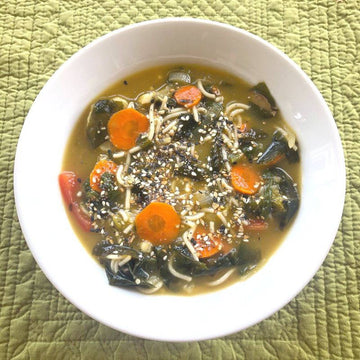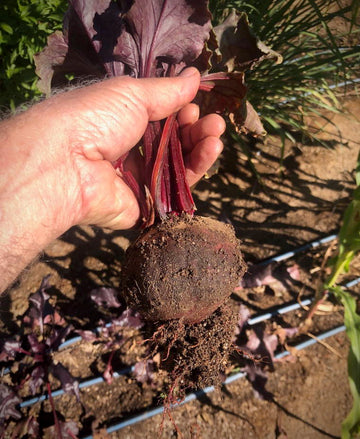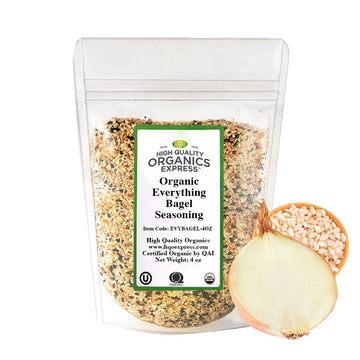Have you ever wondered what makes organic farming different than conventional farming? Here at HQO Express, we are naturally passionate about all aspects of organic farming and would love to help you learn more. We believe in empowering consumers to make informed choices, and part of that is learning about what each label and process actually means. To this end, we are excited to showcase small "bites" of information where you can learn just a bit more about organic crops and how they work. To start, we love this brief overview from the Organic Trade Association:
Organic agriculture, which is governed by strict government standards, requires that products bearing the organic label are produced without the use of toxic and persistent pesticides and synthetic nitrogen fertilizers, antibiotics, synthetic hormones, genetic engineering or other excluded practices, sewage sludge, or irradiation.
GUIDED BY THESE AND OTHER STANDARDS, ORGANIC IS THE MOST HEAVILY REGULATED AND CLOSELY MONITORED PRODUCTION SYSTEM IN THE UNITED STATES.
Organic farmers understand that what you put into the soil has a profound impact on what you get out of it. That is why they rely on such practices as hand weeding, mechanical control, mulches, cover crops, crop rotation and dense planting, rather than toxic and persistent pesticides, herbicides, and synthetic nitrogen fertilizers, to enrich the soil in which they grow their crops.
They recognize that doing so provides plants with the nutrients they need to grow. Plus, it enables the absorption of major and micro-nutrients like Vitamin C, resulting in a higher nutrient content and often a better tasting crop.
It all starts with practices to help build healthy soils, which nurture the plants and help decrease the incidence of plant disease. In order to earn organic certification, land must be handled without prohibited materials for at least three years. With certification, organic farmers must develop an organic operating farm plan, which is overseen by their certification agency with annual third-party inspections.





